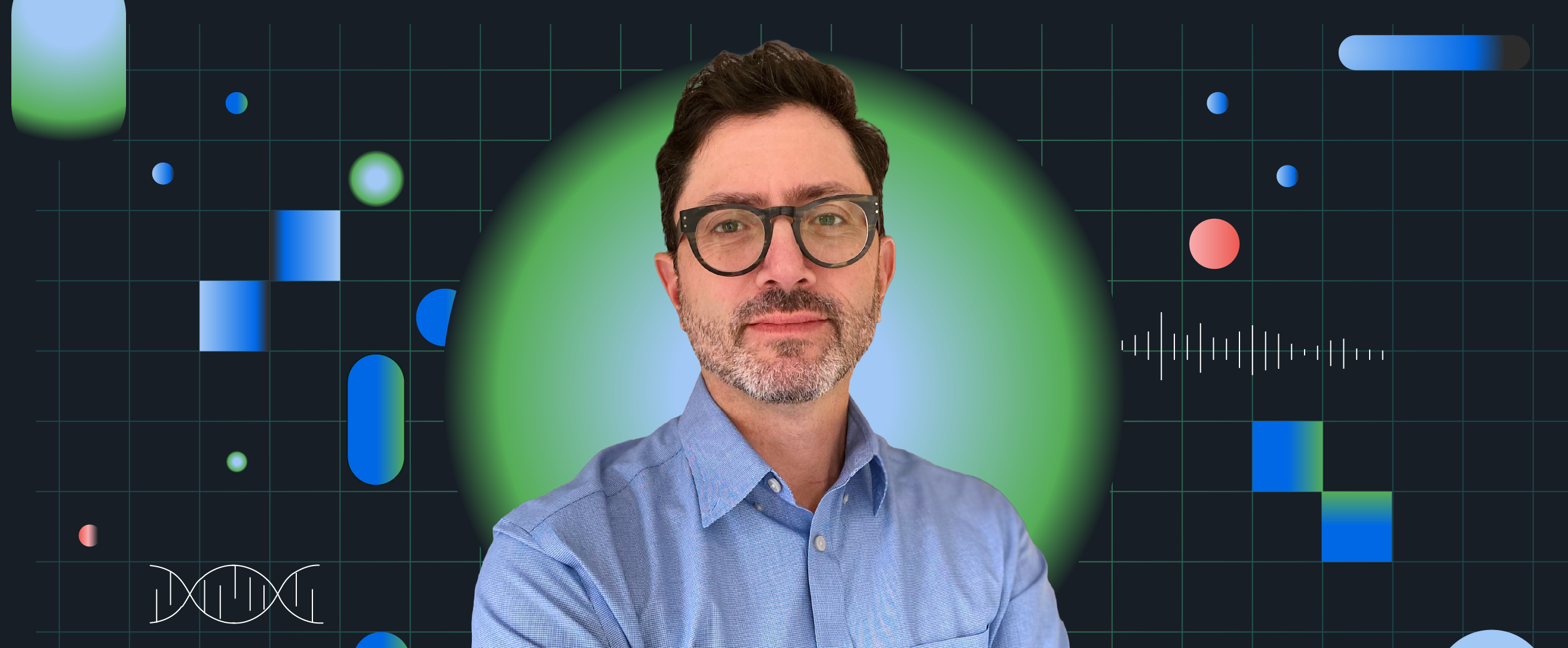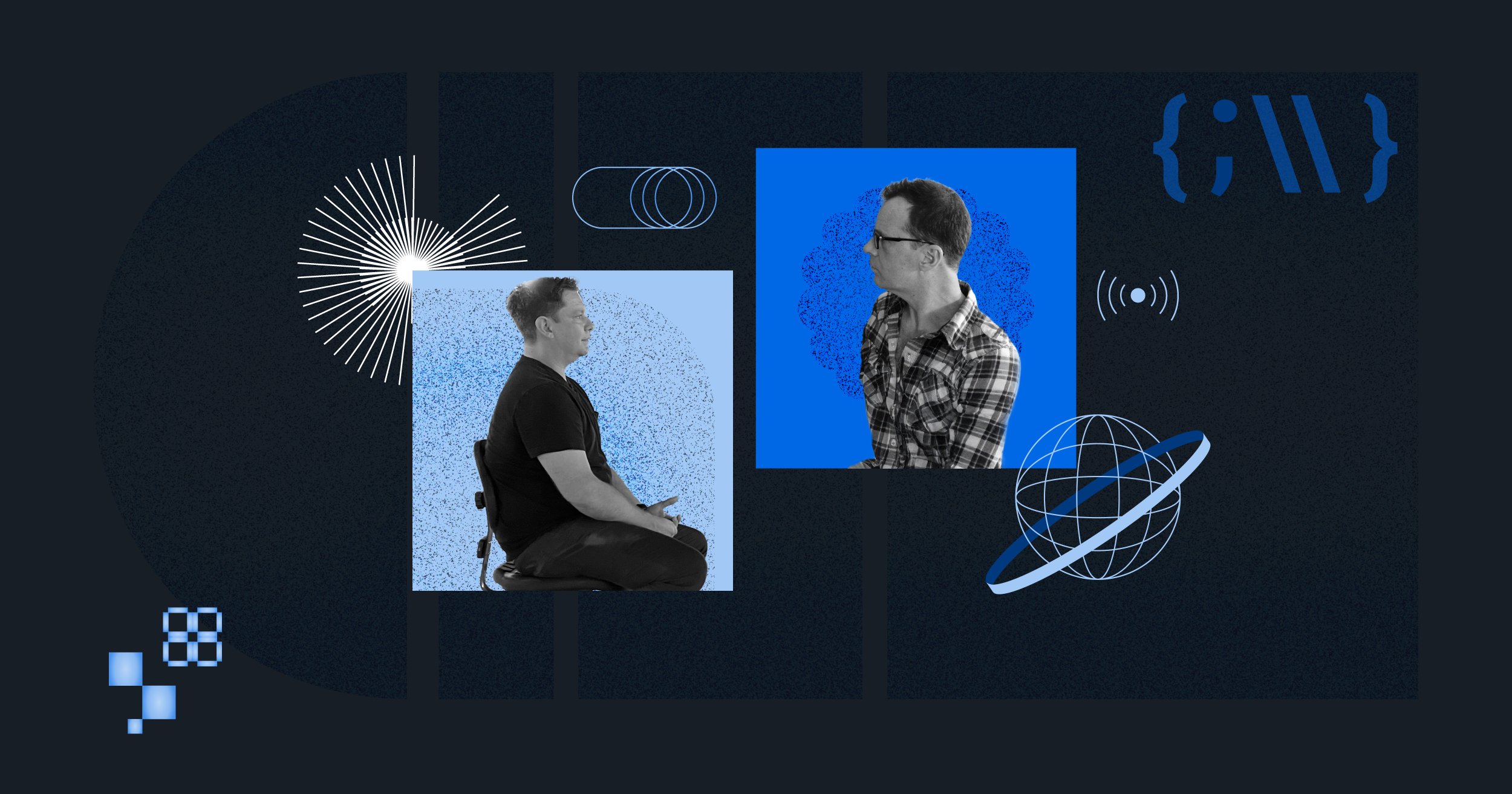
December 4, 2025
December 4, 2025

Reading time
July 10, 2024
July 28, 2022

Independence Day felt less celebratory this year. With the reversal of Roe v. Wade, there is a lot at stake right now: the Supreme Court is expected to review decisions that protect contraception and LGBTQ rights, gerrymandering and the voting rights of Black citizens, and enforcement against hate crimes despite the rise of extremism.
Given this backdrop, I sat down with some of my colleagues at Mission North to talk about what’s on their mind and how they manage to function at work when their basic human rights are under siege.

There is a personal duality that keeps me up at night. There are two versions of Andre: The Andre at Mission North is respected and valued for who I am and what I bring to the table. Then, there’s Andre outside of the office who lives in a continuous—albeit subconscious—state of anxiety and rage for all ensuing stigmas of being 'just another black male' in America: A threat. Less than. Misunderstood.
And then, from a macro perspective, we’ve witnessed increased levels of divisiveness and whitewashing in our society, which was an immediate byproduct of the post-Obama era. In recent years, we’ve seen our country’s leadership produce dangerous rhetoric and condone acts of violence, as well as reverse decades-long statutes that protected Americans (Roe v. Wade), all of which continues to divide us as a nation. At times, it feels as though we are going backwards, instead of working together for a better tomorrow.
<split-lines>"At times, it feels as though we are going backwards, instead of working together for a better tomorrow."<split-lines>

I find it very hard to compartmentalize and focus at work when all these things are happening outside. I have a general overwhelming feeling of helplessness. You're being told to vote, but sometimes it doesn't really seem like it matters when corporate donors have the money.
Being part of the queer community, the message is to be yourself and be proud of yourself, but not too much and not when it makes other people uncomfortable. So, I feel like the only time where it is celebrated is during Pride Month. And that’s the only time I feel more comfortable to be outspoken, more so than just being more open about my sexuality.
As I’m talking about anything, I'll be very gender-neutral. When I get asked about my personal life, I don't really like to get into it because I don't know how people are going to react—if they're going to try to treat me differently or if they're going to look at me in a different way.
<split-lines>"I find it very hard to compartmentalize and focus at work when all these things are happening outside. I have a general overwhelming feeling of helplessness."<split-lines>

As a black woman, it's triggering and infuriating every time I see news about "XXX shot by police during a traffic stop" or seeing a black doctor being talked over and gaslit by a white senator during a congressional hearing. Of course, you learn to work through it over time, but sometimes it's easier said than done. I've found it's helpful when the leaders at companies send emails of encouragement or ask how I'm doing when situations happen, like what happens at Mission North. It makes me feel seen and a bit more understood.
When organizations talk about employees bringing their ‘full selves’ to work, that isn’t 100% realistic, especially for women of color. We are often automatically deemed ‘culture hires,’ which makes it harder for us to feel empowered to be vocal, to stand out, or to be ourselves, out of fear that it can be misinterpreted or judged. For example, POC workers must prove their knowledge and skill level more often than their white counterparts. Knowing this, for me, being able to be authentic means being able to be vocal about my needs and (hopefully) receive understanding from my colleagues and have leadership course-correct.
I will say, Mission North does a good job of encouraging employees to advocate for themselves and speak up when they see their employees’ authenticity threatened. I love that I can wear my hair in a protective style (i.e., braids, twists or headscarf), throw on my oversized cardigan, and still be appreciated for my insight with clients.
<split-lines>"When organizations talk about employees bringing their ‘full selves’ to work, that isn’t 100% realistic, especially for women of color. We are often automatically deemed ‘culture hires,’ which makes it harder for us to feel empowered."<split-lines>

The reversal of Roe v. Wade doesn’t just have implications for women. It’s bringing up debate about who can get pregnant and dismissing the notion of trans men who choose to give birth. When I’m at work, I’m hyper aware of that.
It’s good when colleagues are empathetic towards each other in our day to day because we're starting to see a lot of the inequalities that are happening in the world and impact how people are being treated. Sometimes, that seeps into the way people are treating us in our workplace because they're not privy to all of what’s occurring, particularly to people of color and members of the AAAPI (Asian, Asian American and Pacific Islander) and LGBTQ communities. People need to remember that some of the subgroups (POC, AAAPI, LGBTQ) that are here at Mission North are going through a struggle while showing up to work everyday.
<split-lines>"People need to remember that some of the subgroups (POC, AAAPI, LGBTQ) that are here at Mission North are going through a struggle while showing up to work everyday."<split-lines>

The thing that keeps me up at night is how do I show up for myself in my identity and still stay true to my activism while at work? I'm also thinking about how I communicate with other people in the audience that I am here to serve at work. And how does work serve me as well?
Being a woman, an Afro-Latina, a Muslim woman, an immigrant to this country, I have so many complexities. But for the people who are decision makers who can literally put money towards what they say, how does that show up for them? And what's the level of expedience to making it work for people who are different from the dominant culture? I'd love to continue protesting and I'm advocating for other people to join in. But I'm wondering, how far down the rabbit hole should my activism be?
I think the days of the vulnerable people being the first to speak out for others to notice are over. Allyship and intersectionality have called upon dominant persons to invest their privilege to make tangible change. People of color, particularly Black Women, have spoken out enough and we need to be the ones to hold people accountable at positions of accountability, holding the mirror up and reminding people that Allyship is a commitment, a journey, and a verb. The pact made after George Floyd’s murder in 2020 with highly privileged persons requires participation in the light, not just shelter in the dark.
<split-lines>"People of color, particularly Black Women, have spoken out enough and we need to be the ones to hold people accountable... and reminding them that Allyship is a commitment, a journey, and a verb."<split-lines>
The takeaway from our discussion is that organizations and their leaders must consider the sociopolitical landscape when aligning to their "people-first" values, as teams can't escape these external factors while remaining productive. A culture of inclusion and empathy is a top-down approach.
At Mission North, these important discussions are ongoing. There is work to be done to bring true diversity, belonging and equity to our organization, as there is at most companies. I want to thank my colleagues for sharing their thoughts about these sensitive topics.

December 4, 2025
December 4, 2025

October 28, 2025
October 28, 2025